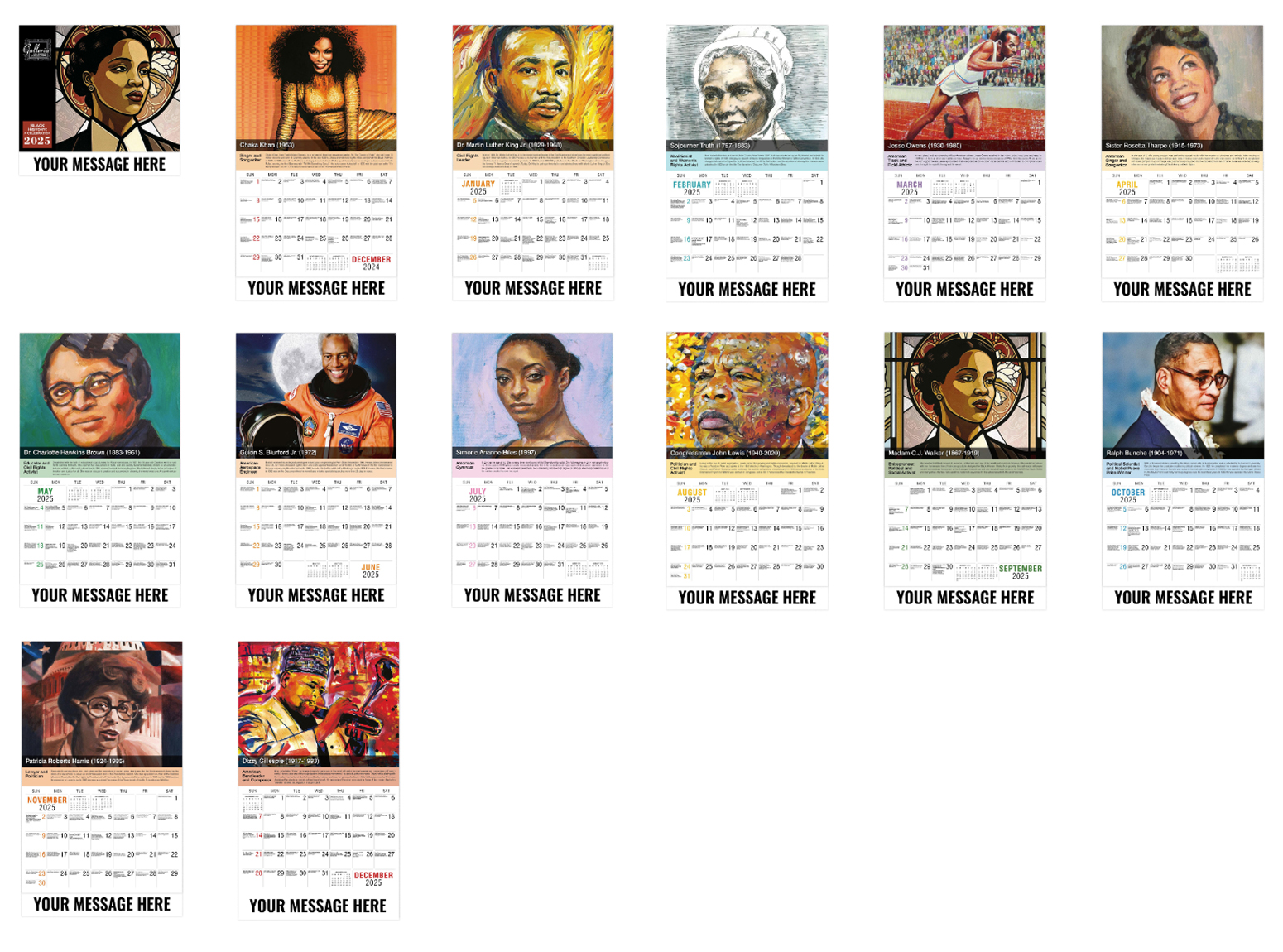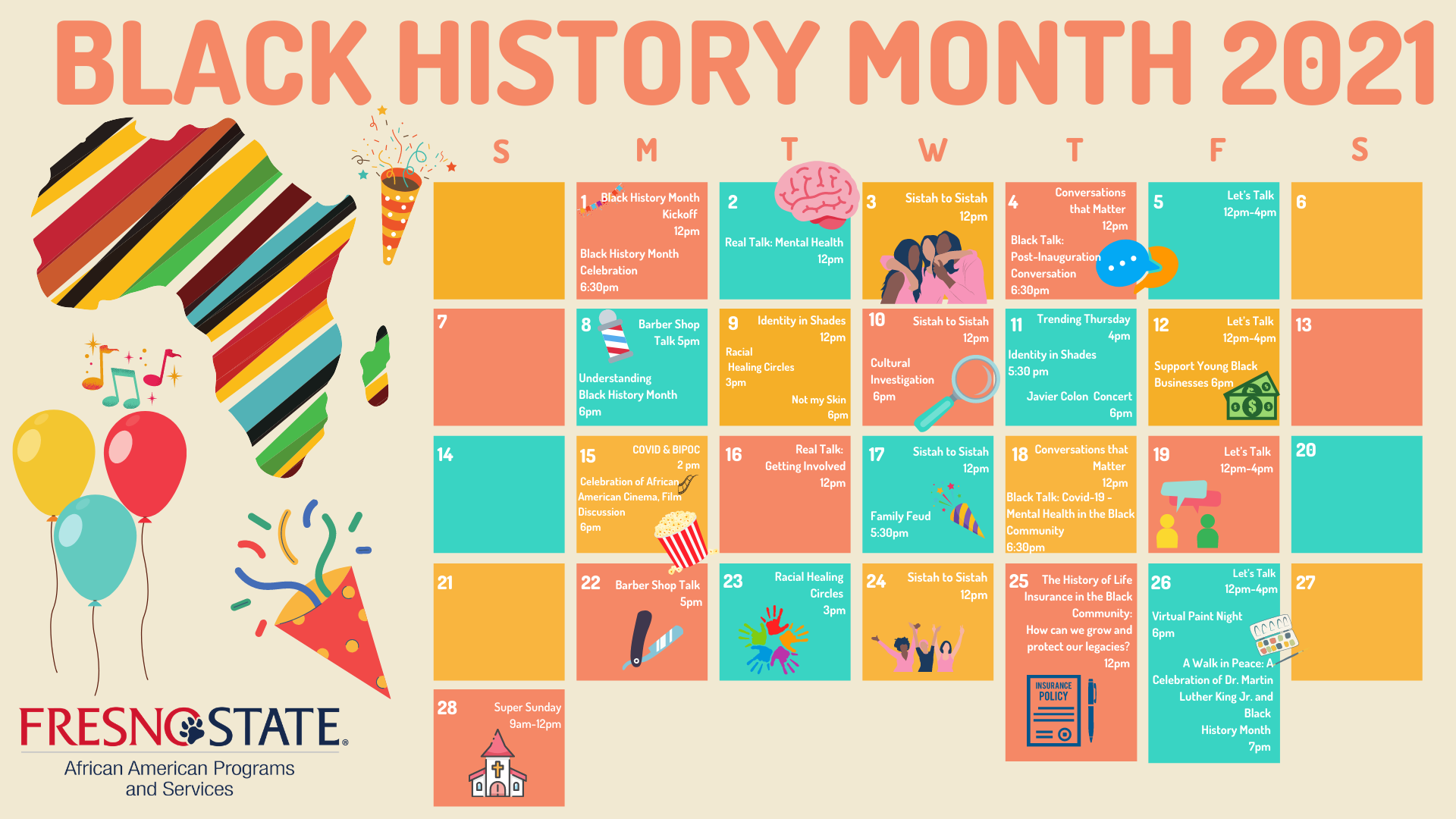Black History Month Google Calendar: Celebrate And Educate
Black History Month Google Calendar: Celebrate And Educate - Black History Month provides an excellent opportunity to expand your knowledge about the African American experience. Numerous educational resources are available, including online courses, books, documentaries, and podcasts. Google Calendar offers an excellent platform to stay organized and engaged during Black History Month. By adding relevant events and reminders, you can ensure that you actively participate in the commemorative activities and educational opportunities available throughout February.
Black History Month provides an excellent opportunity to expand your knowledge about the African American experience. Numerous educational resources are available, including online courses, books, documentaries, and podcasts.
Adding Black History Month events to your Google Calendar is a straightforward process. Follow these steps to ensure you stay informed and engaged:
Celebrating Black History Month can take many forms, from attending events to engaging in meaningful conversations. Here are some ideas to make the most of this commemorative month:
In today's world, Black History Month continues to play a crucial role in promoting racial equality and understanding. It serves as a reminder of the ongoing fight for justice and the importance of recognizing the contributions of Black individuals in various fields, including science, arts, politics, and education.

Black History Month Google Calendar offers a practical and effective way to engage with and celebrate the rich history and contributions of the African American community. By utilizing this tool, you can stay informed about events, educational resources, and opportunities to make a difference.
Data shows that Black History Month has gained significant traction over the years, with increasing participation and engagement. According to a recent survey, over 70% of Americans believe it is important to celebrate Black History Month, highlighting its relevance and impact.
Black History Month originated from the efforts of historian Carter G. Woodson and the Association for the Study of Negro Life and History (now known as the Association for the Study of African American Life and History). Established in 1926, it initially began as "Negro History Week" and was later expanded to a month-long observance in 1976. This period is dedicated to recognizing the achievements and struggles of Black individuals throughout history.
Black History Month Google Calendar serves as a powerful tool to celebrate, educate, and honor the contributions and legacy of African Americans and the African diaspora. This annual observance, held in February in the United States, provides a unique opportunity to recognize the pivotal role Black individuals have played in history. By integrating Black History Month events into your Google Calendar, you can actively participate in commemorating this significant period.
As we delve deeper into this article, you will discover how to effectively use Google Calendar for Black History Month, explore its benefits, and learn about the rich history behind this commemorative month. Together, let's celebrate the achievements and contributions of the Black community while educating ourselves and future generations.
Google Calendar offers several advantages that make it an ideal tool for organizing and participating in Black History Month activities:
Throughout Black History Month, numerous events and activities take place to honor the legacy of African Americans. These events range from cultural festivals and art exhibitions to educational seminars and community service projects.

The concept of dedicating time to celebrate Black history evolved from the need to highlight the often-overlooked contributions of African Americans. Initially, the second week of February was chosen to coincide with the birthdays of Abraham Lincoln and Frederick Douglass. Over the decades, Black History Month has grown into a global celebration, inspiring people worldwide to learn and honor the rich heritage of the African diaspora.